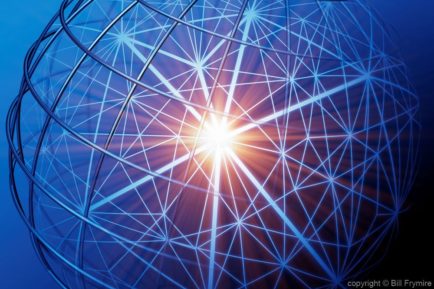Democracy of Information: Social Media

Would you like to use this image? Click here to use it.
Democracy of information is probably how you see the internet. I mean, who doesn’t think that they can just google anything and the answer is magically there? But there are some issues with the current state of internet consumption, and today we are going to specifically explore social media.
Social Media has become the go-to for many people in how they are consuming and sharing online content. They follow who they want, and this leads to a huge bias in the media and the ideas that they are exposed to. Using the filter of someone else’s viewpoint on the world, or even a large number of individuals leads “influencers” not only having an outsize role in the online lives of their “followers” but it can also lead to blind spots about what kind of life we are supposed to be living. For instance, how many people on social media follow any “channels” or “users” whose posts make them think critically about the events of the world? Not many that I’m aware of. “Real” content on social media tends to be lost between the “fake news”, perfect shots of smiling people travelling to places you’ll never go, and puppy posts. And this is fine, except that real issues are the issues that engage us with our world.
And if you look at the idea of “platform media“, just as in traditional television, they don’t want you to change the channel when the commercial comes on – these platforms make their revenue from your eyes staying on their content daily. The monetization of instagram after its acquistion by Facebook leaves something to be desired. While it’s all well and good to use social media to share cat pics and tweet out recommendations to friends about the best restaurant in the city they are visiting, does anyone really have enough time to follow and consume the amount of content that we put out on social platforms and not only read but also critically think about things that are happening in real life locally, regionally, nationally and globally and how these might affect them?
With the fall of old media as well as the corporate takeover of most remaining outlets by major media conglomerates, some might argue that social media has a larger role than ever to play, but if we understand the consumption pattern of social users, it is usually something like: open an app, scroll posts, like posts, re-post. And this means they don’t leave the app, or its rigid algorithm of mediated content. So instead of the modern internet looking like the well rounded global connective network that we assume it to be, it is becoming more and more like television – a thousand channels and nothing real in sight. The content algoritm is king, and understanding what that means for our future as social media begins to filter not just our online lives, but our real lives could be the key to making sure that online content, and online democracy remain intact.
Do you think social media has an outsize influence on how we percieve our world? Let me know in the comments or on Facebook.















